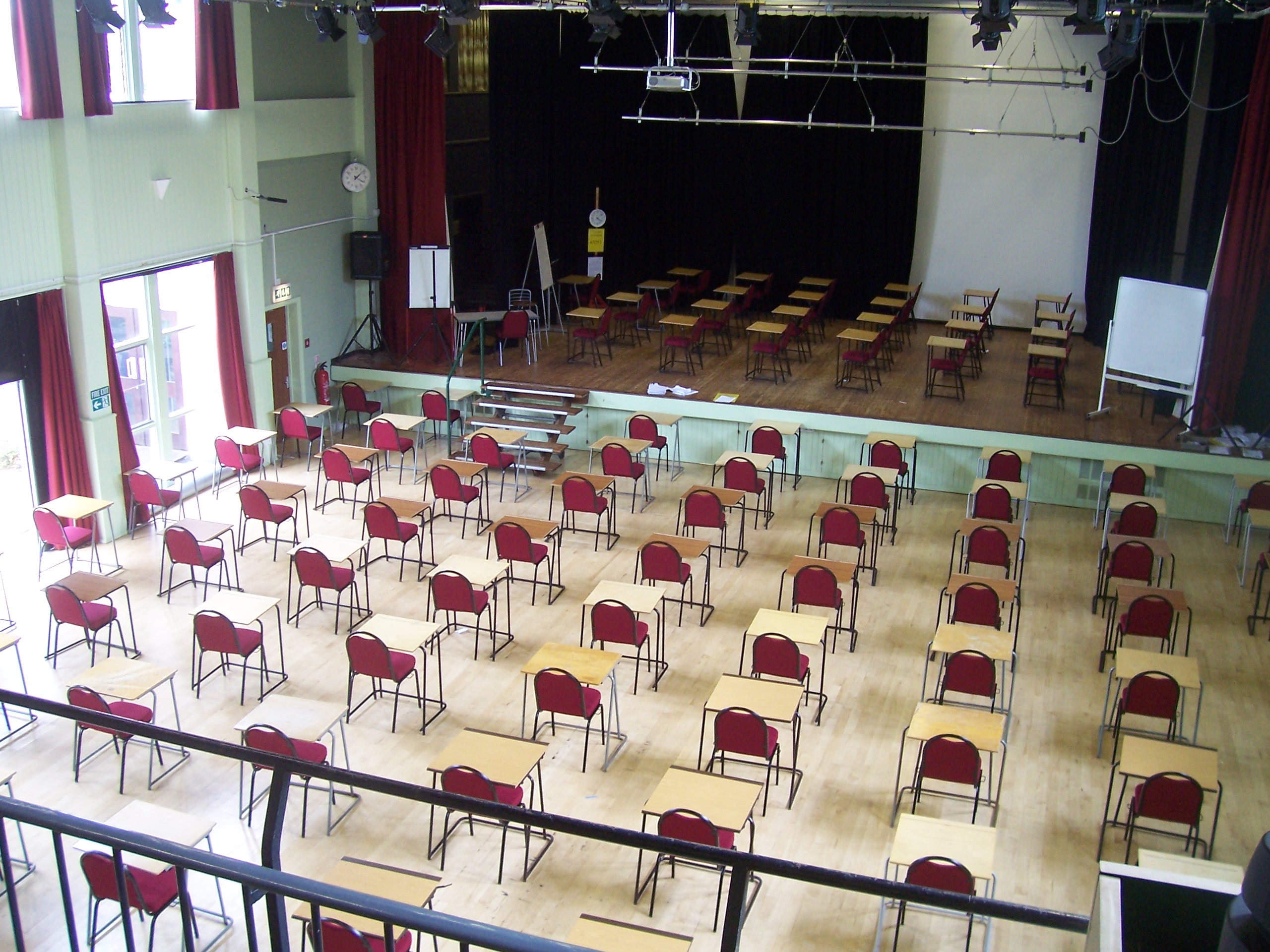The UK’s exit from the European Union (EU) could lead to a significant increases in CAO points, Dublin City University (DCU) President Brian MacCraith has warned.
Speaking to the Joint Oireachtas Committee on Education, which is examining the impact of Brexit on the education system, Mr MacCraith said that up to 12,000 Irish students currently study in universities across the UK. He went on to warn that an increase in fees in the UK could lead to a a surge in applicants to the CAO system, as students will opt to stay in Ireland.
“If there is no increase in capacity, this will further increase competition for places in Irish universities, with potential increases in CAO points in specific programmes, and displacement of some students who may otherwise have obtained entry places,” Mr MacCraith said.
Latest figures show the number of students applying to study in the UK has dropped by almost 20% since the Brexit vote, down from 4,750 students last year to 3,900 this year.
This 20% drop in applications from last year has occurred despite guarantees from UK education authorities that Irish and EU students who commence third-level courses in the coming academic year will not face international fees of between £20,000 and £30,000 per annum.
Ned Costello, of the Irish Universities Association (IUA), expressed his concerns over Irish universities’ ability to cope with the sudden increase in students applying to Irish universities given the current financial situation of Irish universities. He noted the total number of Irish students studying in the UK was equivalent to a large university, or 6% of our domestic student population.
“Given the ongoing precarious financial situation faced by Irish universities, strong domestic demographic growth as well as increased demand from other EU and international students, a reversal of these flows would present a significant challenge for Irish higher education.”
Mr Costello told the committee that a 17% increase in EU applications to study in Ireland this year also indicated that many European students were already considering Ireland as an alternative destination to the UK. However, he warned that Ireland’s ability to capitalise on potential opportunities may be limited by the lack of a sustainable funding model for Irish higher education.
Dr Graham Love of the Higher Education Authority (HEA) also spoke at the meeting. He told the committee there was an opportunity for Ireland to been seen as a “high-quality international hub” for education and research that would attract the best students, academics and researchers. This would only be possible by boosting investment following a decade of austerity, as well as developing new partnerships with other EU higher education institutions.







